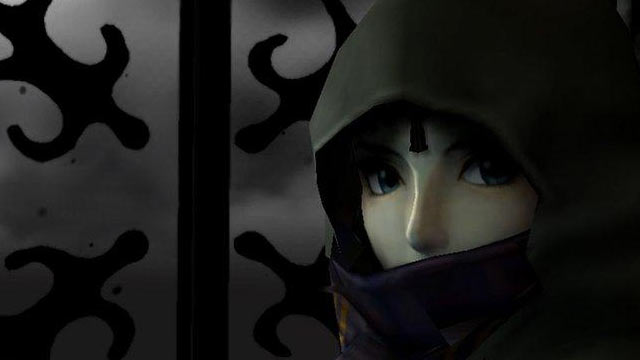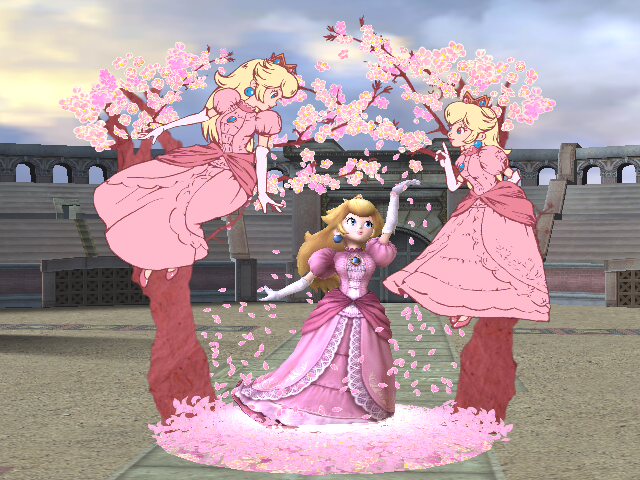How do we identify a person? How do we perceive someone as a woman? Initially, this is largely an issue of visual reception: we categorize and perceive based upon what we see. Yeah, sure, there’s a lot of biology and chemistry involved in the establishment of a person being female, but that kind of ruins my point, so forget about that for a second (or the rest of the article, if you could). Yes, there’s more than aesthetics when assessing an individual. Personality is always important, and that’s interpreted via language, both body and verbal.
And that’s fine for evaluating a person as a unique entity, really. But when placed within any sort of context – that is, amongst other people – that assessment becomes a comparison of sorts, and this is how video game characters are perceived. Each character defines others more than himself by his actions: by how the other characters act or react to the character’s behavior or presence. Mario, for example, is the good guy because he opposes Bowser, who’s thus the bad guy. So where does Peach fall into this?
Well, she doesn’t, really. Maybe from a tree, but that’s not the point. Peach ends up as the object (there’s an objectifying joke, there, if you really wanted to look for it) sought after by Bowser, and also the object/goal sought after by Mario. Within the standard Super Mario game (read as the platformers: Super Mario Bros. 1, 2, 3, Super Mario 64, Super Mario Sunshine, New Super Mario Bros., Super Mario Galaxy 1 and 2) she serves no role other than that as the final goal: the objective, the prize, the trophy (wife). In the first few games we gather she’s a princess only because… of the word “princess” in her name. Other than that, we rarely see her, so there’s little to define her by save those around her, specifically her male counterparts. Again, she’s the goal of a game and nothing more.
This trend continues beyond Mario’s series, though. The Legend of Zelda enacts it as well: a character in need of rescue (Zelda) is introduced, with Link (the good guy) battling Ganon (the bad guy). That’s how we, as gamers, are forced to view the princesses: as objects worth desiring/capturing/kidnapping/fighting for without any given cause/reason (okay, later games give more story/reasons, but the core remains).
Sure, Zelda has a ton of back story, and it’s awesome. Peach has it too. But, and this is the thing, these women aren’t presented in a way that allows for easy access to their backgrounds. Instead, the player is given a simple plot: a kingly/prince-like character saving a damsel in distress. There may be more story there, but without the ability to truly affect it, little else remains. The story isn’t about who they are, but what they are: a goal, rather than a character.
In Nintendo’s defense, the game developer didn’t coin this conceit. It extends far into Disney’s filmic storytelling history, which, largely, is loosely based on fairy tales or other fictional works. Still, Peach and Zelda remain defined more by their male counterparts, which is an interesting mindset to persist upon the public for twenty-odd years, eh?
Editor’s Note: You may have differing views on the objectification of Peach and Zelda depending on when you started playing games that featured the heroines. Do you view them more as objectives or people? Do you feel these characters deserve to be more fleshed out, or are you burned from Samus’ character portrait in Metroid: Other M? Tell us your thoughts in the comments.




 ShareThis
ShareThis









Huge, HUGE Peach fan here. I can’t speak for Zelda, but Peach has appeared in over a hundred of games, and by now, we all know her personality and characteristics. The Mario sports games and other spin-offs definitely helped Peach become a more full fledged character. She’s cute, funny, friendly, laid back, etc. Except for Super Mario Strikers Peach, I honestly don’t know what happens to her when she plays soccer.